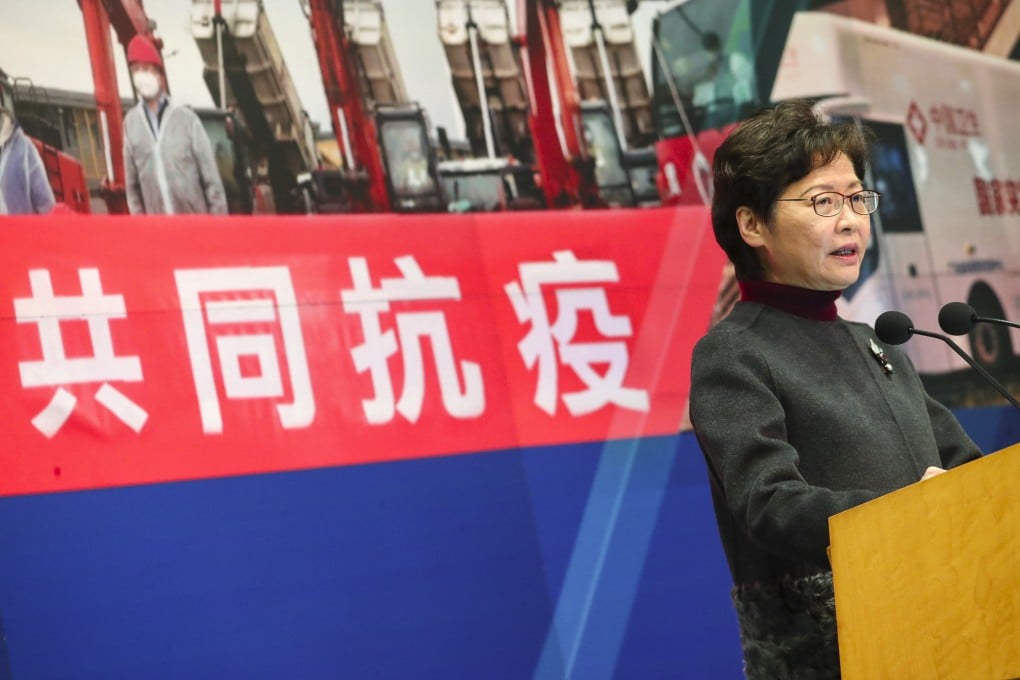City Beat | Hong Kong is forewarned about the next Covid wave, but is it forearmed?
- Carrie Lam’s decision to suspend universal testing has raised questions about city’s commitment to ‘dynamic-zero infection’ strategy
- Policy U-turns are not necessarily bad for battle strategy, provided they are meaningful and there is no more perceived indecision

Hong Kong’s leader has sparked another controversy in announcing a phased relaxation of the city’s tough anti-pandemic restrictions.
Chief Executive Carrie Lam Cheng Yuet-ngor’s decision includes allowing the resumption of direct flights from nine countries, but she has suspended a plan to test the entire population for Covid-19. The Compulsory Universal Test (CUT) is advocated by mainland China as crucial for eventually resuming all-important, quarantine-free travel between Hong Kong and the rest of the country.
Many are questioning whether this means Hong Kong is moving away from the mainland’s official “dynamic-zero infection” strategy and leaning towards Western countries’ approach of “living with the virus”.
Many have also complained about government sources quoted in media reports who kept touting a late-March or April testing timeline that triggered panic buying by residents fearing a citywide lockdown.
Lam has clarified that CUT remains on her agenda, but argued that she does not have a crystal ball to decide the best timing.
The nature of CUT is such that it makes more sense to conduct an exercise of this scale at the beginning, or towards the end, of an outbreak. Hong Kong is nowhere near either position at the moment.
